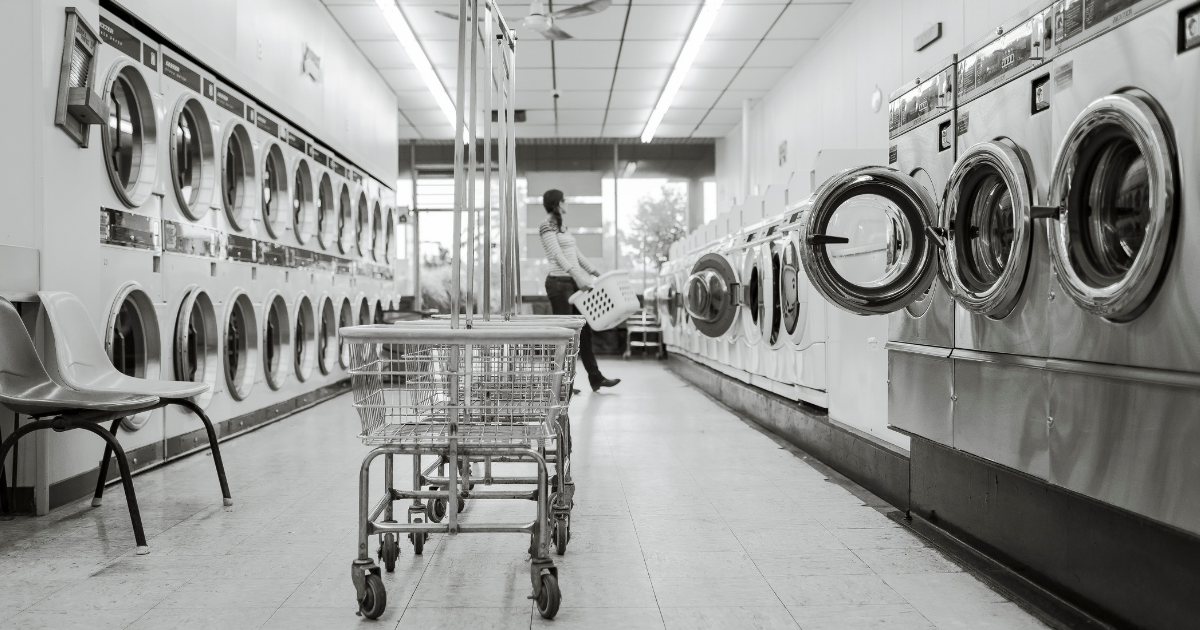There is something wonderfully cathartic to bond over a shared experience. It helps make sense of the world and in connecting, allows us to feel less alone in our thoughts or situation.
Have you ever found yourself sharing more truth to those you have just met than your closest friends or family? Women have told Global Village a resounding ‘yes!’ and to further understand more about the science behind it, we connected with Mario Small PhD, Grafstein Family Professor of Sociology at Harvard University. Small is also known for his 2017 book ‘Someone To Talk To’ which dissects the reason why people often confide highly personal matters to people they are not close to, and at times barely even know.
“AT ONE TIME OR ANOTHER, WE ALL NEED ACCESS TO SUPPORT AND ADVICE. AT TIMES THE MOST USEFUL PEOPLE ARE STRANGERS.”
In researching for and writing the book, Small’s most important discovery was, that when it comes to those whom we confide our most serious personal problems to, what humans do and what they say are different things: “Humans like to think of themselves as careful to trust, but behaviour shows we are often strangely comfortable talking to strangers about our personal difficulties especially those we think might understand us.”
He observed that people we are close to can play multiple roles in our lives and this can affect the level of information we are willing to share about ourselves. For example our partners can be our supporter, co-parent, critic, nurturer, lover amongst others. “Several women we interviewed for the book were very close to their mothers. But I vividly recall one of them saying she would never talk to her mother when she had a problem with her boyfriend. The reason? Her mother would have a hard time just listening or playing the “listener” role; instead the mother would get into “protector” or “critic” mode. People we are close to can be useful to talk to, but they can often have difficulty distancing themselves from a situation.”
A key reason for seeking the confidence of strangers is they can more quickly bypass the pity or sympathy and re-direct the understanding straight to the “I know what it’s really like”, empathy. There is so much power in feeling understood and finding a tribe or a single person that really understands our situation.
Further to this research, online social networks and forums are a melting pot for shared interest groups and people to seek out others in different geographic locations but ‘like’ situations. In the interviews Global Village has conducted, we recall the story of a woman who had been diagnosed with a treatable but rare condition that left her with limited local networks to ask questions to, so she opened a social media group which has since grown to 12,000 members globally. On a smaller scale, many women stated that simply just connecting with one other person who understood during a challenging time would have made them feel less alone but for each life challenge they are not willing to go to a new forum or group each time.
The internet itself is a place where anonymity can allow full expression of one’s views. There is one place that allows this to its full extent without judgement, without attachment…the google search bar. In his recent book ‘Everybody lies’, Seth Stephens-Davidowitz pours through dozens of examples where humans are admitting their truest thoughts into this blank white box with the little black cursor beating innocently, ready to take your question without judgement or fear of being a burden.
With over 3 billion people connected to it, the internet also allows for the possibility to find at least one person who is or has experienced what you are going through right now. We just need a trusted doorway to access them.
After finding more about our propensity to share with strangers and our interviews with women, Global Village pondered the questions – if we are not sharing with our friends and family, who are we sharing with and how are we finding them? Especially in our time-poor modern lives. If we don’t want to burden our Facebook followers or ask Google, where do we go? If we do find somewhere on the internet, how do we know we can feel safe and trust those listening and willing to respond? If we have a challenge not severe enough for professional help, where do we go?
Modern humans need a modern solution and the questions above have fuelled the team at Global Village to work on it.
Global Village is building a peer-to-peer platform for human support. Starting with ’like experiences’ for women, we are using today’s technology to create a safe and trusted space women can tap into and access at any time. A powerhouse of human support fuelled by women connecting and sharing with one another. ASK, GIVE, CONNECT
Our vision is to make the act of giving [non-monetary] a simple, daily wellness ritual.
First published: https://www.globalvillageco.com/blog/2018/9/21/the-power-of-connecting-with-a-stranger


